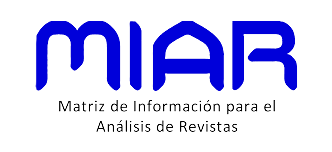MODIFIKACIJA IDIOMSKIH SKUPINA U ROMANU “ŠTO PEPEO PRIČA“ DŽEVADA KARAHASANA I NJEGOVIM PRIJEVODIMA NA NJEMAČKI I TURSKI JEZIK / MODIFICATIONS OF IDIOMS IN THE NOVEL “ŠTO PEPEO PRIČA“ BY DŽEVAD KARAHASAN AND ITS TRANSLATIONS INTO GERMAN AND TURKISH LANGUAGE
DOI:
https://doi.org/10.46352/23036990.2024.81Keywords:
equivalence, idioms, modifications, translation strategiesAbstract
Translation represents an essential immersion in the entirety of at least two cultures, making it a complex task for contrastive studies from different perspectives. Considering the various contemporary shifts in the structures of fixed expressions, it is important to recognize that phraseological competence and the translator’s skills must be further refined, opening up new principles for adaptation. Moreover, it is not uncommon for translations themselves to undergo further translation, and such instances of intercultural transposition present additional challenges for phraseological contrastive studies. A pertinent example is the literary oeuvre of the Bosnian writer Dževad Karahasan, specifically the translation of his novel Što pepeo priča, which was translated from Bosnian into German and then from German into Turkish. The challenges of translating the numerous idiomatic modifications in the source language offer fertile ground for exploring translation strategies. This paper examines the modifications in the original text and their adaptations in translations, as these modifications frequently appear in idioms. The categorization of modifications proposed by Zykova (2019) serves as a framework for our analysis. Our aim is to demonstrate that Karahasan preserves an authentic Bosnian perception of the non-linguistic world. Particular emphasis is placed on Karahasan’s frequent use of idioms to express the so-called “open-ended judgment” by combining them. In this way, he effectively conveys the idea that meaning, in its entirety, is difficult to fully articulate, which is an evident reflection of his philosophical understanding of language as articulated in his essays.
Downloads
Downloads
Published
How to Cite
Issue
Section
License
Copyright (c) 2024 Azra Hodžić-Čavkić, Minka Džanko, Amina Šiljak-Jesenković

This work is licensed under a Creative Commons Attribution-NonCommercial-ShareAlike 4.0 International License.
.













